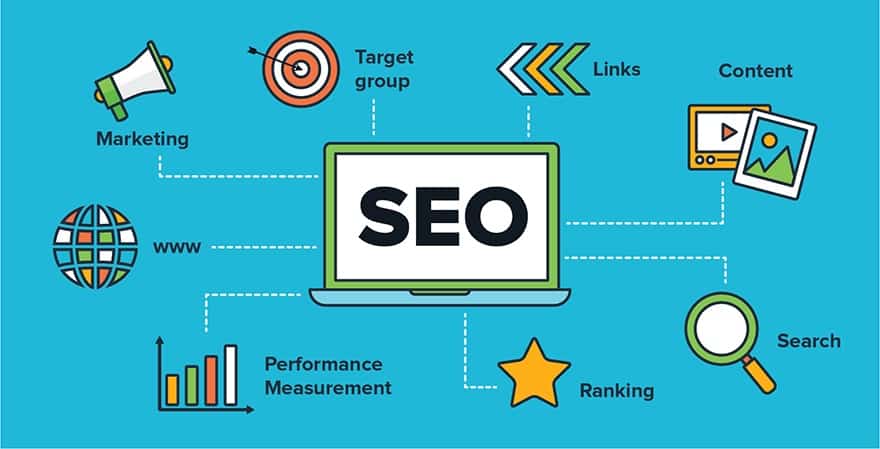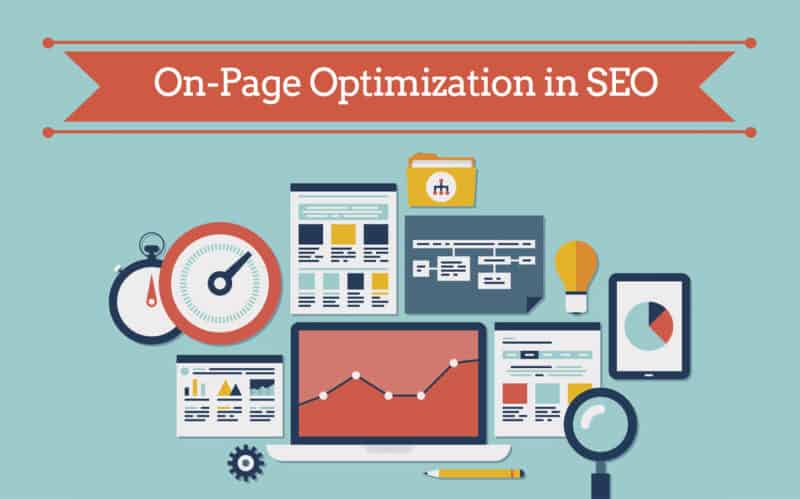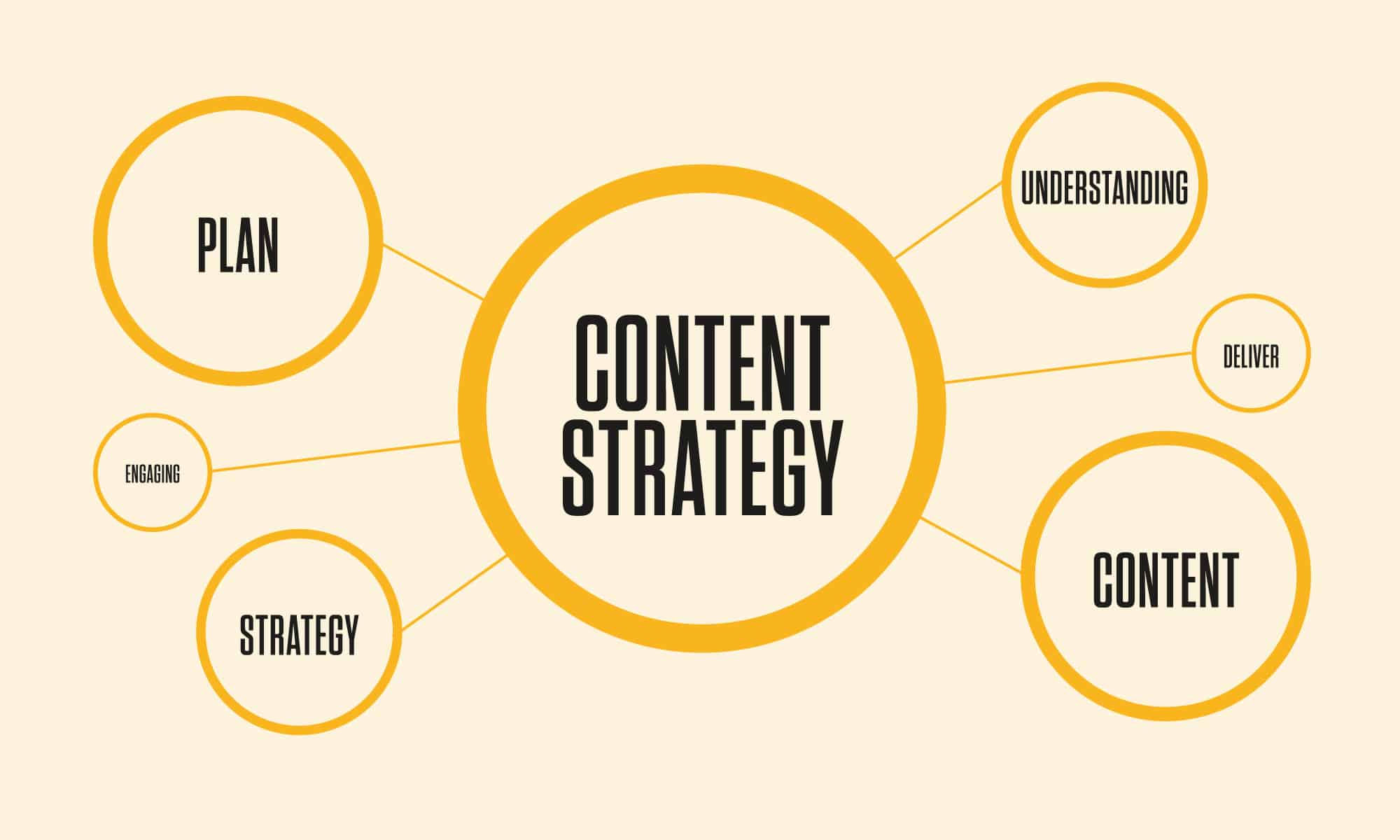What is SEO (Search Engine Optimization)?
SEO (search engine optimization) is a highly involved and focused process of getting webpages to rank higher in search engines such a Google. SEO is both a science and art in that it relies on understanding search engine algorithms, content strategy, digital PR/earned media, and web development to work well.
SEO is important because a basic search is one of the main ways businesses connect with other businesses, and brands connect with consumers. If you can make your brand more discoverable on the internet, it can lead to naturally increased traffic to your website and drive more revenue to your business.

The top search results often feature paid ads closely followed by organic search results, with the exception of different result features such as Google map packs and featured snippets. If you’re able to get your content on the top page, chances are that this will lead to web traffic.
Web traffic that comes as a result of SEO is often thought of as organic traffic to help differentiate it from overall website traffic that comes through paid, direct, referral, email, and other forms of traffic. Paid traffic is usually referred to as pay-per-click (PPC) or social media advertising.
Each expertise of marketing falls under the umbrella of digital marketing. SEO is a widely used technique because, when properly executed, it works and costs substantially less than other methods of marketing.
How Does SEO Work?
Search engine optimization is all about playing the Internet to your advantage. Search engines like Google all use an algorithm or set of rules to decide which pages to show for any given search query. Google wants to return the most relevant content so that users are satisfied and able to find what they’re looking for efficiently.
The algorithms used by search engines are incredibly complex and take thousands of ranking factors into account to determine the perfect search engine results page. There are core pillars that all search engines evaluate to determine quality, relevancy, and authority in their respective space, including content, on-page SEO, off-page SEO (also known as link building), and user experience (often referred to as CRO or conversion rate optimization).
Content Creation
Search engines will analyze the content of a webpage to figure whether or not it is relevant for a specific search query. An obstacle found in search engine optimization is determining how to create content that is relevant for a targeted keyword, but also matches your brand’s voice and reaches your target audience.
Valuable SEO agencies find a way to create content that reaches more users, captures those users, and engrains a vote of confidence in your brand, your messaging, and your product or service to the point where they want to work with you or buy your products.

On-Page SEO
On-page SEO is one of the more well-known and practiced components of SEO. On-page SEO takes into account the HTML and CSS coding of your website, the keywords used to target each page, the content on the webpage, URL structure, and more.
Since webpages are typically written in HTML, how you structure your HTML code can greatly impact the search engine’s ability to evaluate your page and determine how relevant it is. One of the most impactful ways to structure your page is to naturally inject relevant keywords in the meta title, meta description, URL, headings, and content.

Link Building (Off-Page SEO)
Link building (sometimes referred to as off-page SEO), is the process of getting inbound links from other websites. This plays a major role in determining the ranking of a site in Google because a link is considered a vote of confidence from another authoritative website that you are a relevant and authoritative website as well.
If one of your webpages contains high volumes of links from a variety of authoritative websites, Google will recognize your webpage as authoritative for the topic it is discussing.

CRO (Conversion Rate Optimization)
CRO (conversion rate optimization) is the practice of increasing the number of leads or online sales generated at a higher efficiency. This means that you are able to increase the number of sales or leads generated with the same number of monthly, quarterly, or yearly users.
With this in mind, what CRO does is optimizes the user experience of your website by increasing the clarity of your website, simplifying the path to conversion or sale, and increases the ability for the user to navigate to certain information in order to accomplish their goals.
Although there is a heavy focus in web design in CRO, the insights and data that good user experience provides to Google have been shown to be a factor in a webpage’s ability to rank. The better the user experience, the better the chance that the webpage has to rank for its targeted keyword. There have been several recent changes to Google’s current algorithm that implies that this is the direction that Google is moving when ranking for quality webpages.

SEO Techniques
The following are some of the best techniques for search engine optimization:
Keyword Research and On-Page Optimization
Perhaps the cornerstone of SEO is keyword research. This is often the starting point for optimization and entails looking at the keywords a website is already ranking for, what keywords your competitors are ranking for, and what keywords your potential customers are looking for in their queries.
When you can determine what terms users are searching for, you can easily update and optimize your current content for those targeted keywords. Even more importantly, you can determine what your competitors are doing well, and attempt to create a better and more relevant piece of content.
Guest Posting and Other Link Building Techniques
Link building is one of the core ranking factors in most search engines. If you can acquire highly authoritative backlinks, you are actively creating signals to rank for certain keywords for Google.
To properly build links, you can promote good content, perform guest posting outreach and write content for other websites, submit your website to relevant directories, and more.
Content Marketing & Strategy
Consistently creating content is the only true way to consistently grow your online presence. This can be said for search engine marketing, social media marketing, email marketing, and more. Content marketing for SEO purposes can be done in several different ways: you can update existing content, create new content for your blog, create new content strategies such as a glossary, created gated content for lead generation, and more.
Since Google places a premium on high-quality content, it is imperative that you research what content is already out there so that your content can be fresh, relevant, and exactly what users are looking for. When your content is the best and most relevant, you will rank higher, more social media shares, more link building opportunities, and more.

World-Class SEO with Directive
SEO isn’t just about keyword rankings. It is about increasing your organic reach, driving qualified leads and making sales, and increasing your brand’s discoverability.
Are you ready to maximize your brand’s ability to reach users? You deserve the best! Directive will align your digital marketing strategies with your business goals in order to grow your business. Get a free proposal today!
